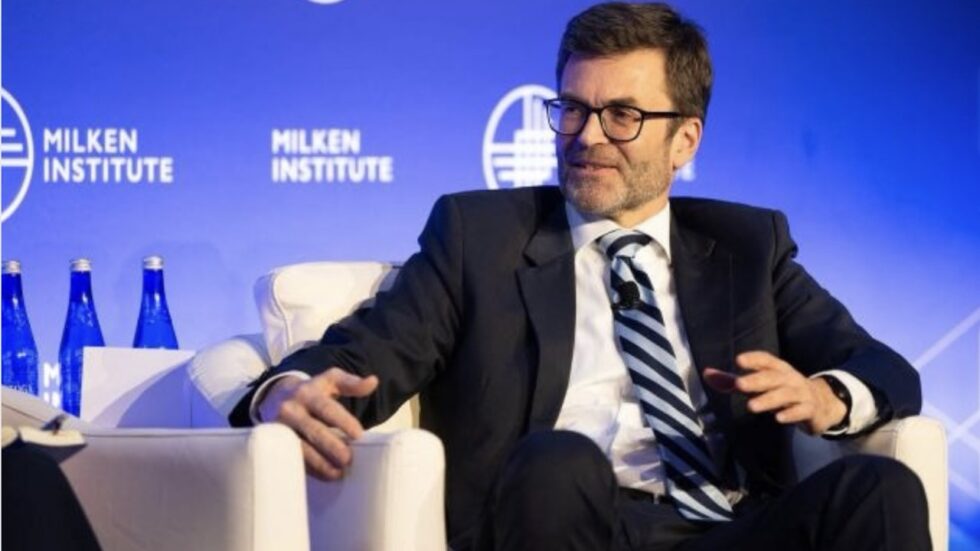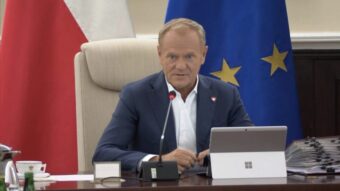Germany is preparing to appoint a new ambassador to Ukraine. Heiko Thoms, a senior diplomat and former ambassador to Brazil, is expected to take over the post in Kyiv in the coming weeks. The official nomination by the federal government is scheduled for Wednesday, July 2, with the precise date of assuming office yet to be announced. This was reported by G.Business, citing Die Welt.
A Strategic Appointment at a Critical Time
Heiko Thoms, born in 1967, has decades of diplomatic experience. From 2020 to 2023, he served as Germany’s ambassador to Brazil. Prior to that, he was Deputy Head of Germany’s Permanent Mission to NATO, bringing him extensive knowledge of security and defense cooperation.
Most recently, Thoms served as State Secretary at the Federal Ministry of Finance. He left the post earlier this year following a change in government, as the CDU/CSU coalition under Chancellor Friedrich Merz took power and initiated a reshuffle in key foreign and security policy roles.
Martin Jäger to Lead German Intelligence
Thoms replaces Martin Jäger, who served as Germany’s ambassador to Ukraine since summer 2022 and is now expected to become the next head of the Federal Intelligence Service (BND). The exact date of his appointment has not yet been confirmed.
Jäger’s tenure coincided with the most intense phase of Russian aggression against Ukraine. As ambassador, he played a vital role in coordinating German support for Kyiv — including military aid, humanitarian assistance, and diplomatic engagement. His previous roles include ambassador to Afghanistan and State Secretary at the Federal Ministry for Economic Cooperation and Development (BMZ).
Policy Implications and Berlin’s Diplomatic Strategy
Thoms brings a strong NATO background and deep familiarity with financial governance, signaling a continued German commitment to Ukraine — with emphasis on long-term reconstruction, institutional cooperation, and strategic alignment with NATO and the EU.
The leadership transition also reflects the broader reorientation of Germany’s foreign policy priorities in 2025, following the shift in power to the CDU/CSU and the growing focus on intelligence, defense, and international partnerships.
Stay connected for news that works — timely, factual, and free from opinion. Learn more about this topic and related developments here: New Migration Rules: Poland Reinforces German and Lithuanian Borders






